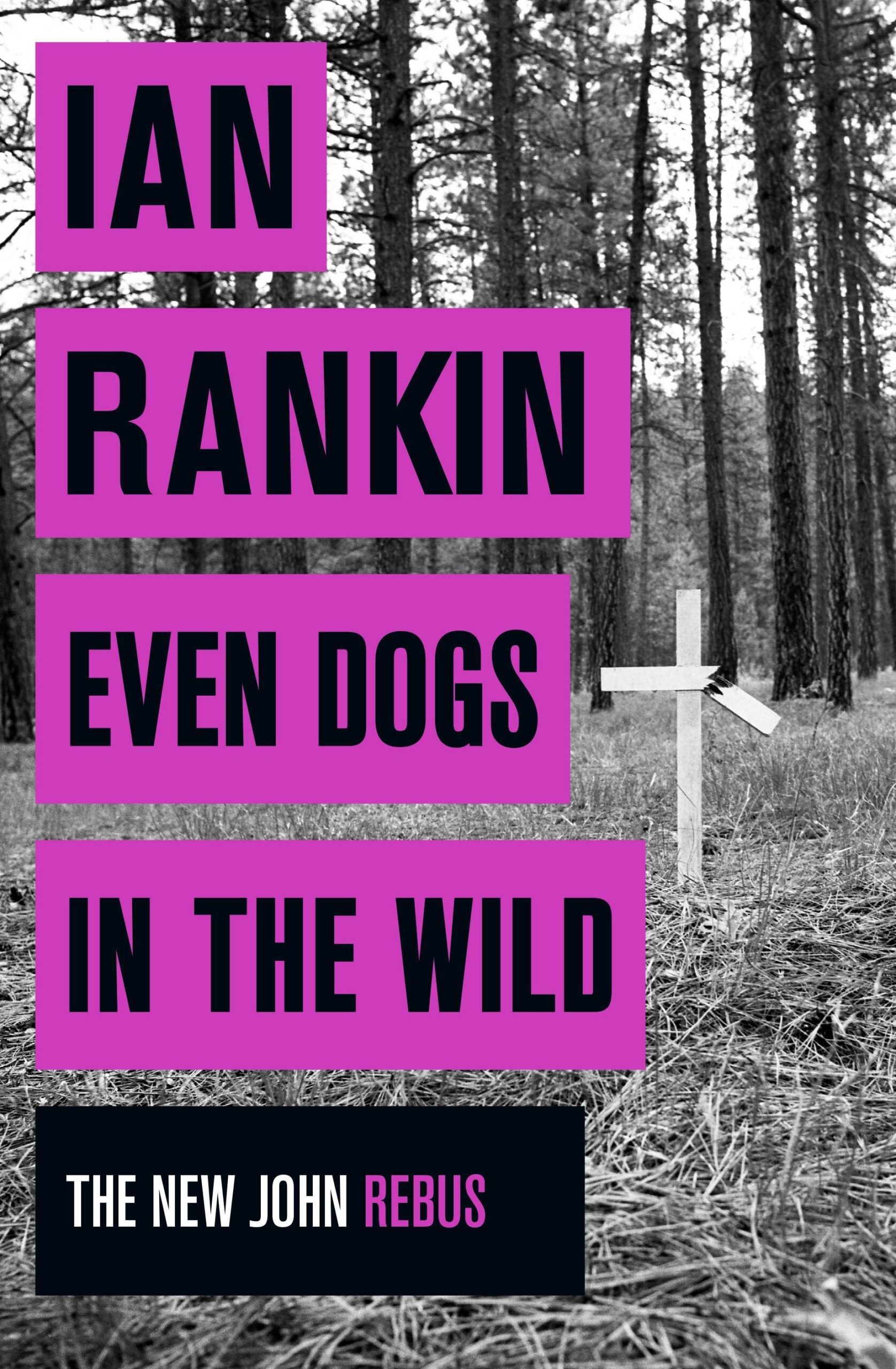“The unexamined life is not worth living”.
Socrates is reported to have said this while choosing death over exile. These days, my approach to philosophy has become very practical. Give me something I can use. I am not sure if this quote is applicable in any sense in today’s world. For one thing, who decides the “worth” and how? And to pronounce a death sentence for not finding out the reason for liking Chess but not Justin Bieber sounds a tad bit Talebanish. I have had it with philosophers spending hundred pages squabbling over ontological definitions of truth and self. (Seriously, dude?!). Give me a stoic philosopher any day.
Still, there is some relevance in this quote of dear ol’ Socrates. I find myself examining my reading habits from time to time. It happens unintentionally. Few years back, I was heavily into nihilist, morose authors who would not smile or crack a joke even if their life depended on it. (What’s the point, right?) I also used to flit from author to author. I have many favorite authors in various genres – John le Carré for spy novels, J R R Tolkien for fantasy, Terry Pratchett and Douglas Adams for humour – so it was easy to do. What I have never done is to read an author from start to finish. (With the honorable exception of Sir Arthur Conan Doyle. When I was in school, we had to study The Blue Carbuncle for our English class. One of the few occasions when I actually enjoyed being educated. To be honest, though, I am not sure if I have read all of Sherlock Holmes. I know all the stories but with many repetitious viewings of Jeremy Brett’s The Adventures of Sherlock Holmes, I sometimes wonder – have I read The Red Headed League or have I only seen it?) And this is exactly what I did for Ian Rankin and his Inspector Rebus novels. I have read every one of them, except for the short story collections.
I stumbled upon Ian Rankin quite by accident. I picked up Tooth And Nail in between two novels. Before I knew it, I was hooked. So I read Mortal Causes. I then realized that the stories have a definite chronological order so I went to the first Rebus novel – Knots And Crosses and worked my way through all of them. The last Rebus novel to come out was Even Dogs In The Wild and I have just finished it. Rebus novels had added one more genre to my favourite ones – crime fiction.
There are many reasons why I like Rebus novels. When I started reading, they reminded me of my other favorite author – John le Carré and his protagonist, George Smiley. Much later, I was delighted to read in an Ian Rankin interview that his favourite author is, in fact, le Carré.
John Rebus is a noir protagonist. He does not have lofty ideals. He knows exactly how the system works. He is more worried about the overworld than the underworld. In Fleshmarket Close, Rebus says to his colleague, “We spend most of our time chasing something called ‘the underworld’, but it’s ‘the overworld’ we should really be keeping an eye on.” In Even Dogs In The Wild, the narrator says about Rebus, “He had watched..as the rich and the powerful played the system. He had come to appreciate that those with influence could be more cunning and ruthless than those with none.”
I like the tenacity with which Rebus attacks a case, like a dog that would not let go once it has sunk its teeth into something. And he has a very strong intuition. Sometimes, even when all the evidence points the other way, something nags at him that makes him go back to the case. This does not mean that he does not make mistakes. There are many instances when things have not worked out, cases have remained unsolved, justice has been abandoned succumbing to the will of the powerful. These are the ghosts that haunt Rebus, as he drinks and listens to Rolling Stones at his flat in Arden Street. Rebus has one burning passion. Music from the seventies and eighties, in particular Rolling Stones. Many of the titles of Rebus novels are lines from songs – Black And Blue, Exit Music, Saints of The Shadow Bible and so on.
The Rebus novels follow the passage of time. Old colleagues depart or die, young ones take their place. Rebus’ daughter Samantha grows up as the novels go by and in the last one, Rebus is a granddad. Rebus gets promoted and demoted. I realised what this meant. Rebus was getting older and he will have to retire soon. I read Exit Music with dread. All of the novel was overshadowed by the fact that Rebus had just one week to retire. What next? I opened Saints of The Shadow Bible to learn that Rebus has been reassigned to cold cases – cases that were unsolved. In Even Dogs In The Wild, Rebus comes in as a civilian consultant to the Scotland Police.
Is this the end of Rebus? I hope not.


